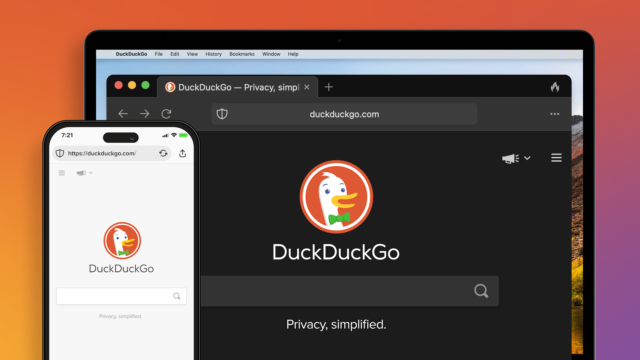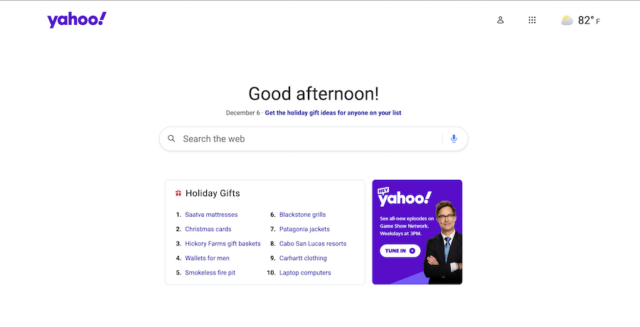
As time passes, speculation about the waning popularity of Google has started to emerge. Facts and rumors intertwine, creating intriguing discussions about the possibility of a shift in the search engine landscape. This is especially true with the advent of various artificial intelligences (AI) that now greatly assist users in finding information without relying entirely on Google.
If indeed Google’s popularity is on the decline, the logical question arises: what are the alternative search engines that users might consider? And what are their respective advantages that could prompt users to switch away from Google?
-
Bing

One alternative option that is increasingly grabbing attention is Bing. With its seamless integration into Windows 10 and presence across various Microsoft devices, Bing not only offers web search but also provides image search results that can be sorted by size or color. Features like video previews alongside web search results and a list of local businesses with opening hours make Bing appealing. Another advantage is its AI support, which facilitates users in finding information, be it in text, image, or video form.
However, there are some drawbacks to consider with Bing. These include a perceived slower speed, a lower market share and traffic compared to Google, and a perception as a decision-oriented search engine that may impact the user experience
2. Duck Duck Go

In terms of privacy, DuckDuckGo emerges as an intriguing choice for those seeking more control. This search engine disables user behavior tracking and does not store cookies, making it a privacy-friendly option. The absence of targeted ads further strengthens user privacy. Therefore, DuckDuckGo has become a popular alternative to Google search, especially on iOS.
It is worth noting that DuckDuckGo has not fully expanded its support across various platforms. For users who frequently switch between devices, it may require some extra steps to achieve full functionality.
3. Yahoo

Yahoo, another search engine, not only delivers quick search results but also supports voice recognition. Its primary advantage lies in speed, enabling users to obtain answers without the need to type. However, limited customization features pose a constraint, as they restrict user control over the appearance of search results.
Although Google continues to dominate, the existence of these alternatives provides users with the freedom to choose according to their needs and preferences. Thus, the search engine landscape is becoming an increasingly dynamic arena where users have the power to make choices that best suit their requirements.

